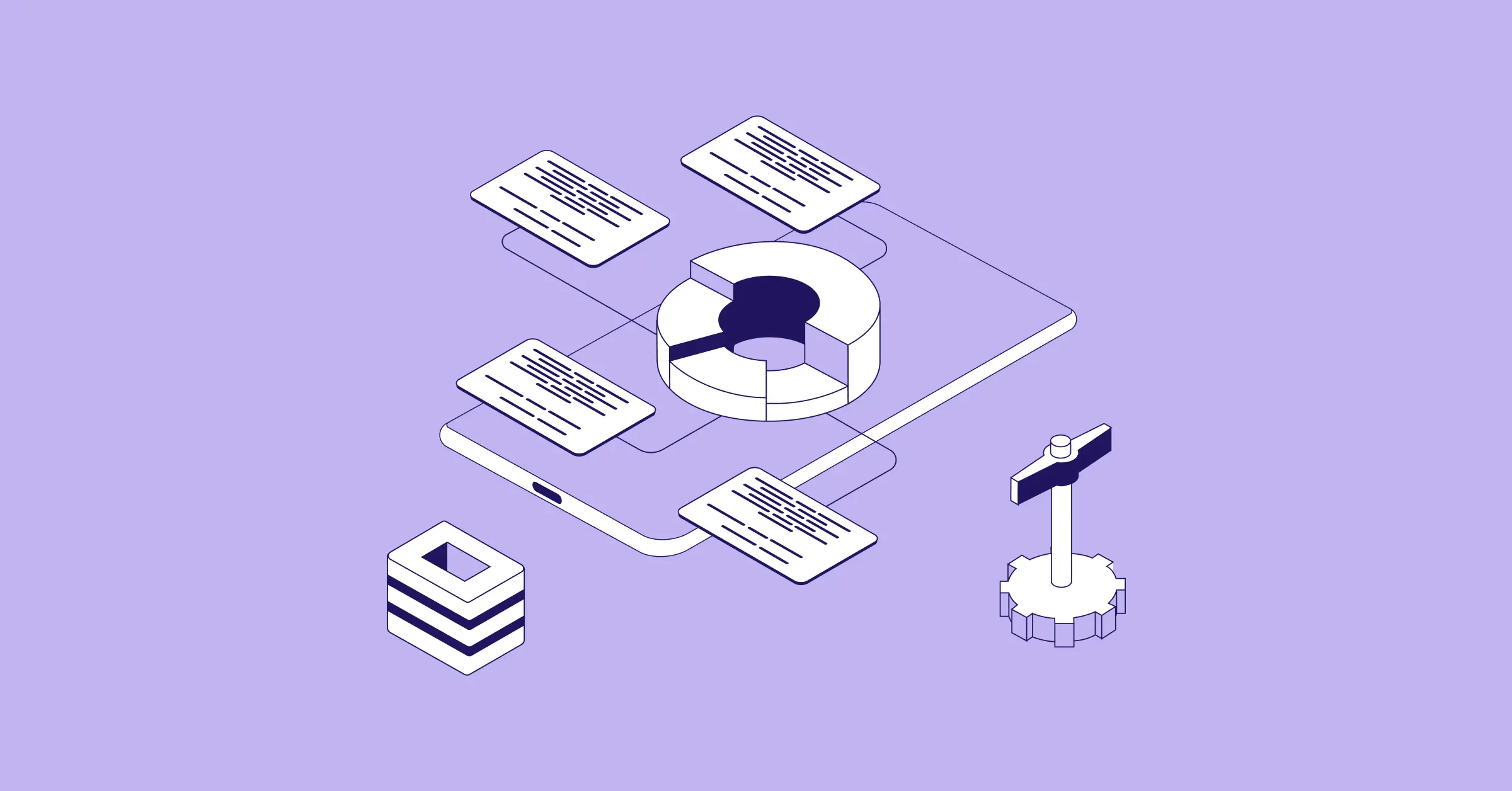July 02, 2024
Streamlining Accounts Payable: Tips for Efficient Financial Operations

Sign up for our newsletter
Stay informed with the latest trends and best practices in finance and procurement.

The name of the game is efficiency. In a relatively high-interest rate environment, with growing uncertainty about the global economy, the need to cut costs is greater than ever. To complicate matters further, 47% of CFOs anticipate increasing operational costs. This is partly due to inflation and rising cost pressures from supplier price increases.
Streamlining your accounts payable process can help combat these current market challenges by reducing errors and significantly improving cash flow. This article looks at a few tips and tricks for optimizing your AP workflows and driving efficient financial operations.
Engage Automation
It all starts by handing the reins to the robot for simpler tasks. Automation is the cornerstone of financial efficiency, and implementing AP automation software can drastically reduce manual tasks, minimize errors, and speed up processing times twofold. This is crucial since top B2B payment strategies focus on paying invoices that are due (59%), followed by ways to pay early to receive discounts (32%).
Automated AP systems are designed to handle various jobs, like invoice processing, approval routing, PO matching, bank reconciliation, and reporting (to name just a few). Not only does this reduce bottlenecks and expedite payments, it empowers finance teams to focus on more strategic tasks. Ultimately, employees will appreciate a business that values their time and facilitates internal growth.
Standardize Procedures
Gaining control over your AP processes includes the need to comply with a myriad of rules and regulations. Organizations should develop and document standardized procedures to ensure everyone is on the same page.
Establish clear guidelines for:
- Invoice submission
- Approval hierarchies
- Payment schedules
- User access
- Documentation and reporting
It can also include anything in your AP workflow that requires closer inspection. Standardized procedures reduce confusion and ensure every team member follows the same protocols.
Enhance Supplier Relationships
AP teams spend about 22% of their time handling supplier inquiries, which keeps them away from more critical tasks. However, effective supplier management is crucial to receiving beneficial terms, paying people on time, and even the opportunity for discounts. Thus, it is imperative that your suppliers are always satisfied.
How can you keep everyone above water? Automation is the answer.
Some AP software platforms offer a self-service supplier portal where companies can fill in their contact data, upload invoices, and even check on payment status. This speeds up the entire payment process and prevents the AP department from having to field daily calls regarding simple questions.
Once you have a successful workflow in place, use it to leverage better terms with suppliers. Regularly review and renegotiate terms to ensure they continue to meet your organization's financial needs. This helps save money and keeps everyone happy.
Customize Approvals
Mechanizing AP processes helps a business customize approvals, which often present significant bottlenecks. Automation tools ensure that invoices are always routed to the right people (while being systematically tracked and recorded). This ensures approvals are never buried on a desk or routed to the wrong parties.
Accounts payable automation software will also send notifications and reminders to keep the approval process moving. This reduces delays, increases the chance of receiving early payment discounts, and keeps your suppliers happy.
Leverage Technology
Currently, more than 50% of business payments in the U.S. are paperless, with 70% of invoices emailed or delivered via a portal.
Exploring advanced technologies like artificial intelligence (AI) and machine learning (ML) is a smart way to streamline your accounts payable process. AI and ML can be used for fraud detection, predictive analytics, and process optimization.
AI will analyze spend patterns to identify anomalies indicating duplicates and fraud. ML algorithms optimize cash flow management and predict payment timings.
Accounting automation will drive invoice processing with advanced technologies like optical character recognition (OCR) to capture invoice data and instantly sync it with your ERP. It can also provide real-time budget insights for enhanced efficiency and collaboration.
Regular Reconciliation
Practicing regular reconciliation of AP records with general ledger accounts is critical for accuracy in financial statements. Reconciliation ensures that every transaction is accounted for and helps to identify discrepancies early on.
A business should schedule regular reconciliation periods (like monthly or quarterly) to maintain accurate financial records and avoid last-minute rushes at close.
Additional Tips
- Monitor Key Performance Indicators: Track metrics like cost per invoice and processing times to measure the effectiveness of accounts payable.
- Conduct Regular Audits: This helps to ensure policy compliance and identify areas for improvement.
- Use Electronic Invoicing: E-invoicing is another effective way to streamline operations and reduce the time spent on manual tasks.
Summing it Up
The key to efficient financial operations lies in a proactive approach to managing accounts payable. Streamlining accounts payable (AP) processes reduces errors, improves cash flow, and strengthens supplier relationships.
By embracing automation, standardizing procedures, enhancing supplier relationships, customizing approvals, and more, organizations can transform AP workflows, ensuring they remain competitive and resilient in the face of economic fluctuations and rising costs.


